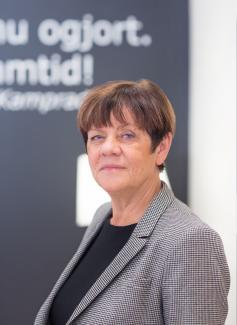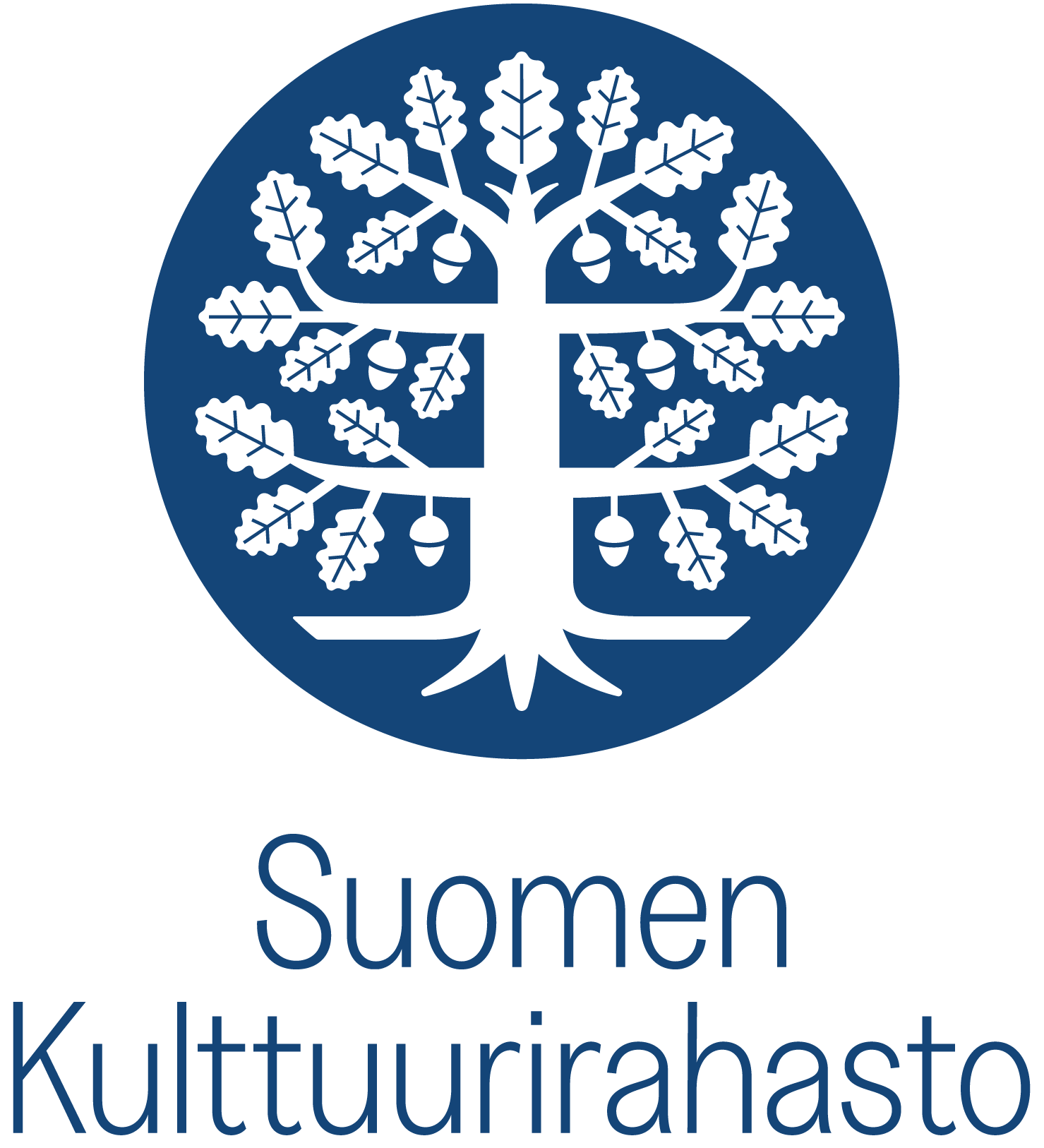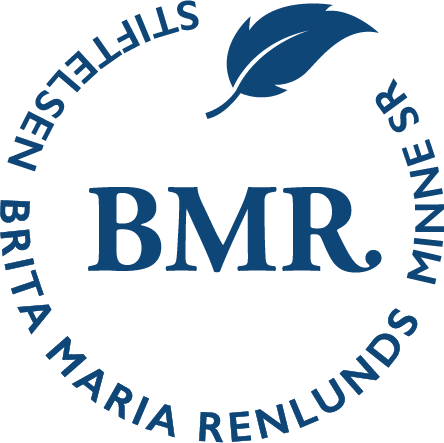
“If research is to contribute to societal development, it must relate to what is being done, as well as what should and must be done.”
Societal problems are complex and a single scientific discipline can seldom provide all of the solutions. According to Lena Fritzén, it is therefore necessary to illuminate people’s conditions from many perspectives.

Lena Fritzén is professor in pedagogy and executive board member of Familjen Kamprads stiftelse.
Why did you want to fund the research programme?
“The Kamprad Family Foundation supports scientific research that makes a real difference in society by providing knowledge to benefit the many people.
The research programme Future Challenges in the Nordics – People, Culture and Society focuses on the major societal challenges of the twenty-first century and how these can be understood and handled in Nordic society. We are keen to contribute by supporting top-quality research while at the same time strengthening cooperation between Nordic financiers.
One field in which there is a great need for knowledge development, and one that is a special focus area for the foundation, is the life situation of elderly people. We are therefore happy to finance the project Demography and Democracy: Healthy Aging in a Digital World. The project studies the extent to which people over the age of 75 have access to digital healthcare and how this care works. The aim is to ensure that digitisation does not lead to health inequities and the digital exclusion of the elderly population of the Nordic countries.”
What are your expectations of the research programme?
“The results of the research programme will be presented on an ongoing basis, something we consider to be of great benefit and a reflection of the urgency of the matter. This will allow societal institutions and opinion formers to continuously share in the knowledge and take inspiration pending the publication of final results.
While our increasingly digital society has proven benefits for elderly people, it also presents challenges, including a sense of alienation and the risk of a democratic deficit. The foundation has already funded one study of how elderly people use digital solutions in a Swedish context. A Nordic study allows the issue of elderly people in the digital world to be examined in significantly more depth and breadth than in a national study. The mapping and analysis of similarities and dissimilarities between the Nordic countries is of particular interest.”
Why is it important to highlight humanities and social sciences?
“Societal problems are complex and a single scientific discipline can seldom provide all of the solutions. It is therefore necessary to illuminate people’s conditions from many perspectives. In this single project, we support the joint efforts of Nordic researchers in the fields of media and communication, e-health, sociology of health, and gerontology. If research is to contribute to societal development, it must relate to what is being done, as well as what should and must be done.”







